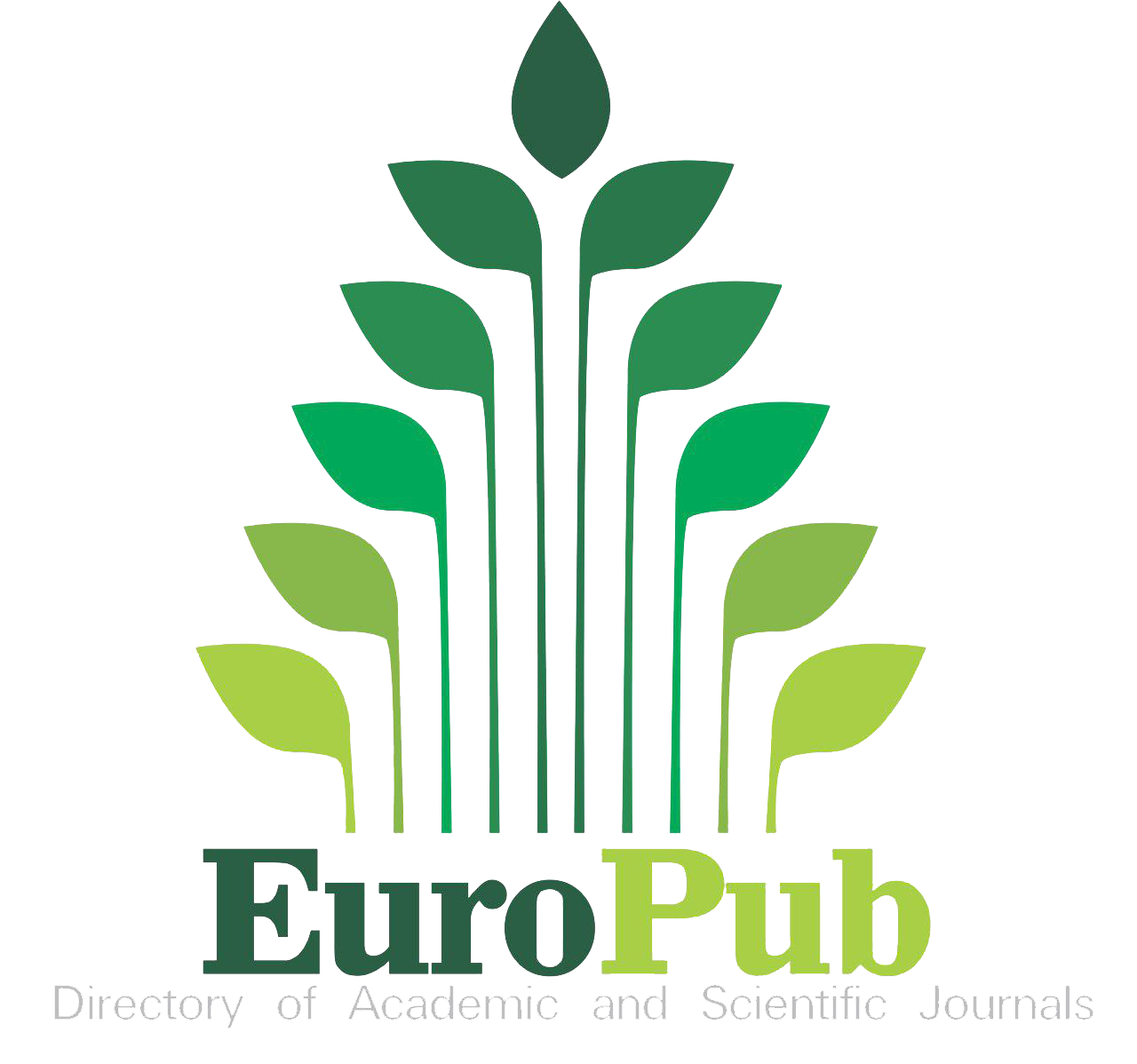Application of the diffuse cognitive map on the impact of indiscriminate fishing on biodiversity.
Abstract
This study evaluates the impact of indiscriminate fishing on the biodiversity of the Babahoyo river. Using a mixed-methods approach, the most influential factors were identified: lack of environmental awareness, economic pressure, and lack of knowledge of regulations. The methodology of Fuzzy Cognitive Maps allowed modeling the complex interactions between these factors. Interviews and surveys with various local actors provided a comprehensive understanding of the motivations behind unsustainable fishing practices. The results reveal the widespread use of prohibited fishing gear and limited knowledge about the impact on biodiversity. The study provides a scientific basis for developing more effective management strategies that promote aquatic conservation, fishing sustainability, and improve the socioeconomic conditions of local communities.


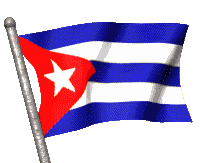









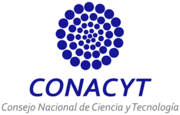
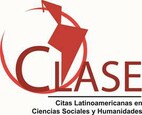















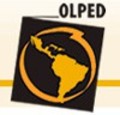



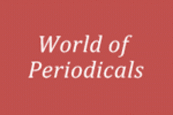


1.png)







1.png)





